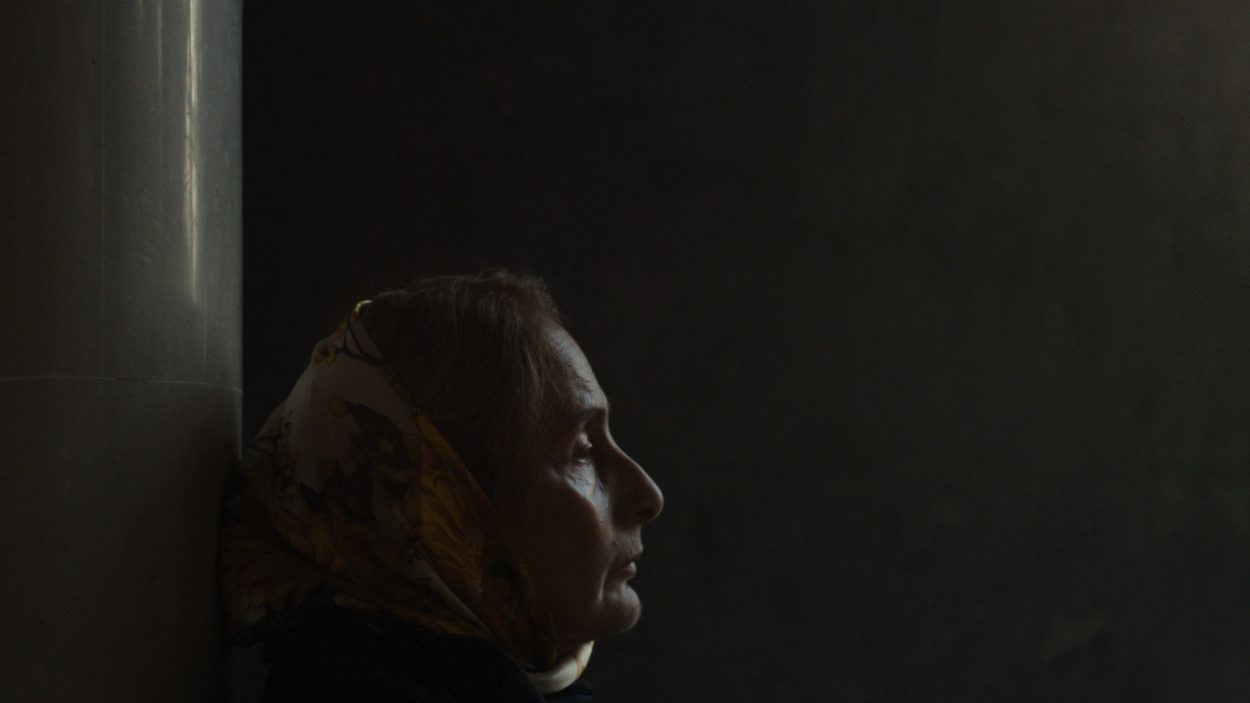Director's Works

Apacalda, She's not coming Maïlis
Maïlis boldly explores the balance between strength and vulnerability, consistently creating visually stunning and intellectually provocative work that resonates long after the final frame. Her projects, shaped by a powerful feminist lens, delve into human nuances, drawing on her background in psychology.
Collaboration is at the heart of her creative process. She thrives on working with diverse teams, believing that the fusion of different perspectives enhances every project. Passionately embracing her role as a storyteller, she uses her artistic platform to amplify underrepresented voices, infusing her work with a deeply emotional perspective.
A Young Guns and LIA Gold winner in 2024, her creativity has been celebrated at prestigious events and festivals, including Young Director Award (YDA) and Clermont-Ferrand International Short Film Festival. Her work has also been featured on renowned platforms such as Vimeo Staff Picks, Director’s Library, Shots, 1.4 Awards of Brilliant Filmmaking, Beyond the Short, and Girls in Film, among others.
Based on a true story, the film follows the last journey of Louisa, an elderly woman who ended her life. The inspiration came directly from the experience of Apacalda’s friend, who lost his mother to what is suspected to have been suicide. She was a devoutly religious woman who nurtured her relationship with God but ultimately chose to leave the church, which led to her exclusion from her community. She would regularly walk along the shores of a beach near her house. One morning, news outlets spread the story of a woman's body washing up on the familiar shoreline. Her son knew right away that it was his mother, realizing they would never speak again.
I aimed to blend this true story with Apacalda’s own cultural background, an integral part of her musical identity rooted in Romania. Accurately and sensitively portraying the mindset of my characters is always a goal of mine. This piece captures complex emotions within a short time frame, so accessing the vulnerability of the main cast was crucial. I emphasized the loneliness and isolation that a woman, excluded from her community, can feel. The film's subtlety lies in the nuanced emotions conveyed: starting with a sense of feverishness, then moving through tension and melancholia, and finally, abandonment.
Through Louisa's story, I wanted to highlight the resilience required to make tough choices, particularly for women. It also underscores the deep influence that community can have on a person’s mental and emotional well-being. This narrative invites empathy for those who walk a solitary path, encouraging us to extend more compassion to those navigating these challenges.












